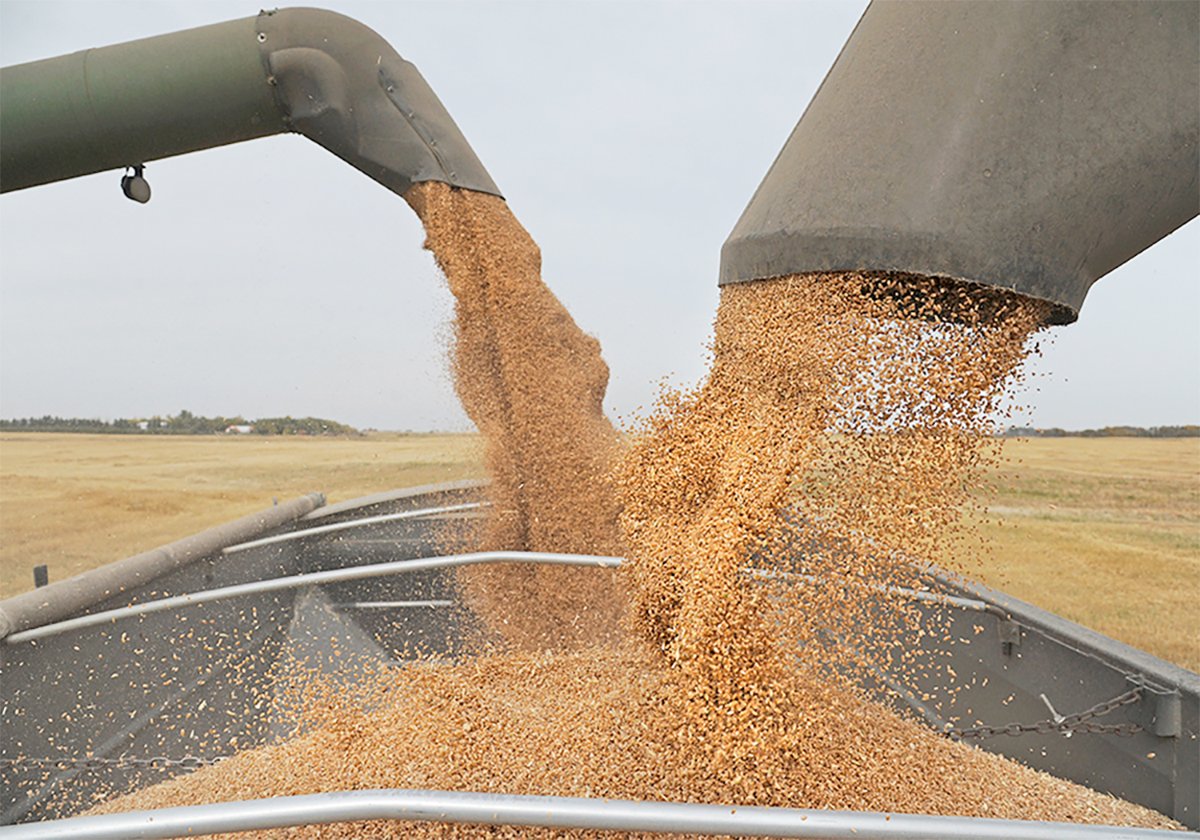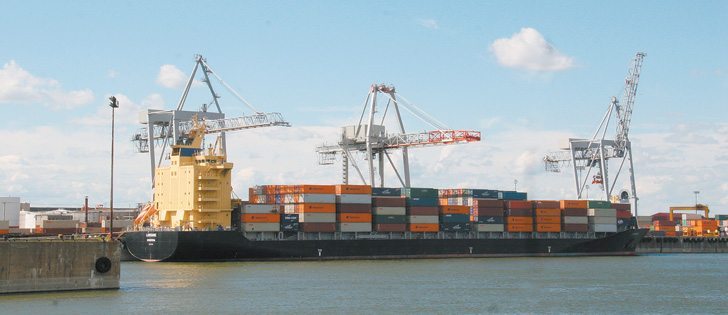The possible sale of Viterra Inc. to a consortium of foreign and Canadian buyers is less an issue of determining a net benefit to the country and far more one of competition in the grain industry.
The debate over whether such a sale should be allowed began March 9, with a trading halt on Viterra shares. They were trading at a considerable clip — 15 million as opposed to the daily average of 800,000 — which spurred the TSX to ask Viterra what was going on.
Viterra admitted third parties had expressed interest in taking over the company. A British newspaper later identified the main suitor as Glencore International PLC of Switzerland.
Read Also

Agriculture productivity can be increased with little or no cost
There’s a way to enhance agricultural productivity with little or no cost. It doesn’t even require a bunch of legislative changes.
Speculation began to swirl over whether the Canadian government might block such a sale to a foreign buyer. It happened just two years earlier, when Saskatchewan premier Brad Wall lobbied hard to stop the sale of Potash Corp. to Australia’s BHP Billiton under provisions of the Investment Canada Act.
Wall argued that the potash giant was a strategic asset, and BHP’s takeover did not provide a net benefit. The federal government agreed, and the bid was quashed.
Similarly, Wall has indicated that he will carefully review a sale of Viterra, to determine any net benefit. It is possible the federal government may block it, should Glencore not meet the net benefit test.
However, as Wall has noted, Viterra is not necessarily a strategic asset in the same way that Potash Corp. is. This is because Potash Corp. pays royalties and Viterra does not. Potash Corp. also has mining rights to the resource. Viterra buys from farmers.
However, the takeover is no longer just about Glencore. The firm is reportedly in talks to share the Viterra buy with Canadian firms Agrium Inc., also publicly traded, and Richardson International, the family owned Winnipeg grain handling company.
Viterra reported March 19 it was in exclusive discussions with a third party, but that does not rule out a tri-party asset split.
Evaluation of the takeover will also be directed to another federal department: the Competition Bureau.
Agrium, a nitrogen producer and a potash miner, would likely add retail farm supply stores to its network should it pick up part of Viterra. That signifies less competition on the input side.
Richardson is Canada’s second-largest grain handling company behind Viterra. Depending on which assets it acquires, the deal could signify less competition in grain handling.
Whether the sale meets the competition test will come down to how the three speculative players split up specific Viterra properties, and not all the options are negative. For example, port facilities at Vancouver are reportedly likely to go to Glencore, since Richardson already has a facility there.
It’s also possible that Glencore could end up with elevators side-by-side with Richardson’s across Western Canada. If that’s the case, these current partners could become fierce competitors in the new environment.
That would be a reasonable outcome, but the Competition Bureau must be sure these assets are appropriately divided. There would be other, less desirable outcomes if companies already in Western Canada win the bid for Viterra and if their assets overlapped.
A new player in the Canadian industry such as Glencore might be a better option for farmers than a takeover by an existing player, whether domestic or foreign.
By far the most important point for farmers is that competition and sufficient grain handling capacity must remain in place.
That is where the Canadian government should focus most of its attention.














